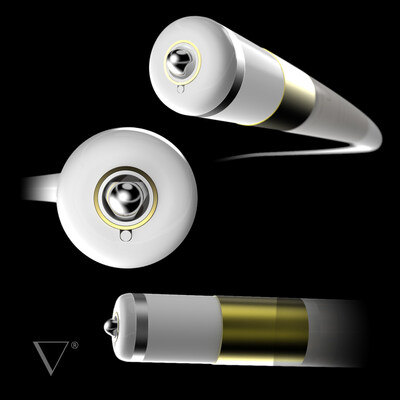September 30, 2020
Medtronic today announced the planned acquisition of Avenu Medical, a privately held medical device company based in San Juan Capistrano, Calif. focused on the endovascular (minimally invasive) creation of arteriovenous (AV) fistulae for patients with end-stage renal disease (ESRD) undergoing dialysis. Terms of the transaction were not disclosed.
AV fistulae are created by connecting a vein and artery in the arm to facilitate dialysis therapy. Historically, they have been created using an open surgical approach.
Medtronic reports, in contrast, Avenu Medical’s Ellipsys® Vascular Access System is a single-catheter, ultrasound-guided device that inserts a catheter percutaneously (through the skin) into the arm to create a durable AV fistula. The procedure can be performed in the hospital outpatient department, ambulatory surgery center (ASC), or physician’s office.
“AV fistulae are like lifelines to patients undergoing dialysis. Until recently, the only option to create a fistula was through invasive surgery, which is associated with high failure rates,” said Jeffrey Hull, M.D., director of the Richmond Vascular Center and co-founder of Avenu Medical. “The Ellipsys system has shown durable outcomes out to two-years and has the ability to shorten procedure times and potentially reduce costs. Unlike open surgery, sutures are not required after the procedure and the patient leaves with just an adhesive bandage.”
The Ellipsys Vascular Access System bears the CE Mark for distribution in the European Union and is cleared by the U.S. Food and Drug Administration. It is indicated in both geographies for the creation of a proximal radial artery to perforating vein anastomosis for percutaneous creation of an AV fistula.
“Medtronic’s acquisition of Avenu aligns directly with our vision of bringing less invasive, endovascular solutions to patients requiring durable vascular access,” said Mark Ritchart, president and chief executive officer of Avenu Medical. “With Medtronic’s extensive market presence, clinical leadership, and market development expertise, coupled with Avenu’s customer-focused team and innovative technology, we are confident that together, we can drive awareness and adoption of this technology globally.”
“Within the last year, we’ve seen significant momentum with the launch of the IN.PACT™ AV drug coated balloon (DCB) in the United States and primary endpoint results of the IN.PACT AV Access study being published in The New England Journal of Medicine,” said Mark Pacyna, vice president and general manager of the Peripheral Vascular business at Medtronic. “Now with the acquisition of Avenu Medical, we can support procedures across the vascular access care continuum, while continuing to provide innovative endovascular therapies that will ultimately reach even more patients with ESRD around the world.”


